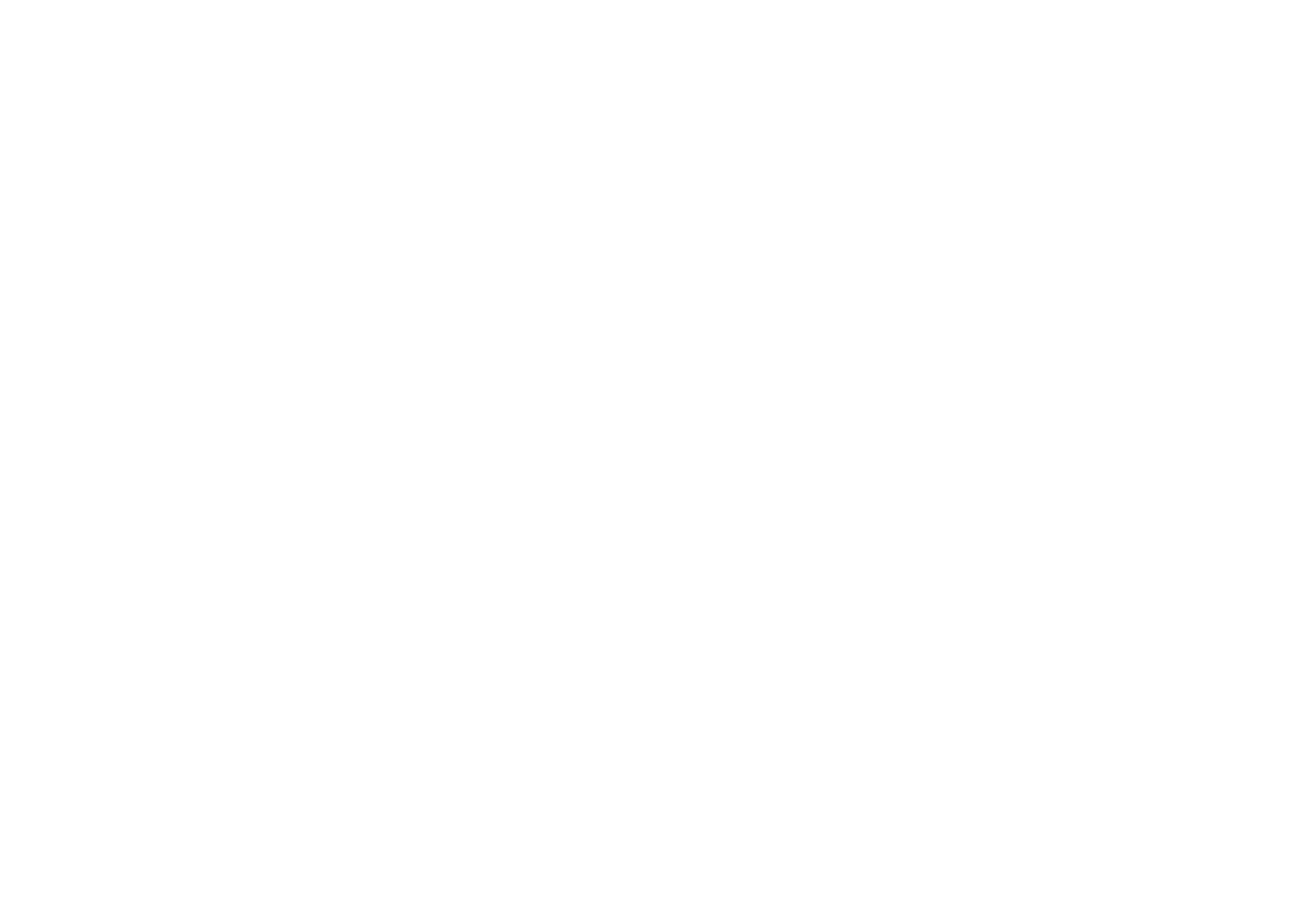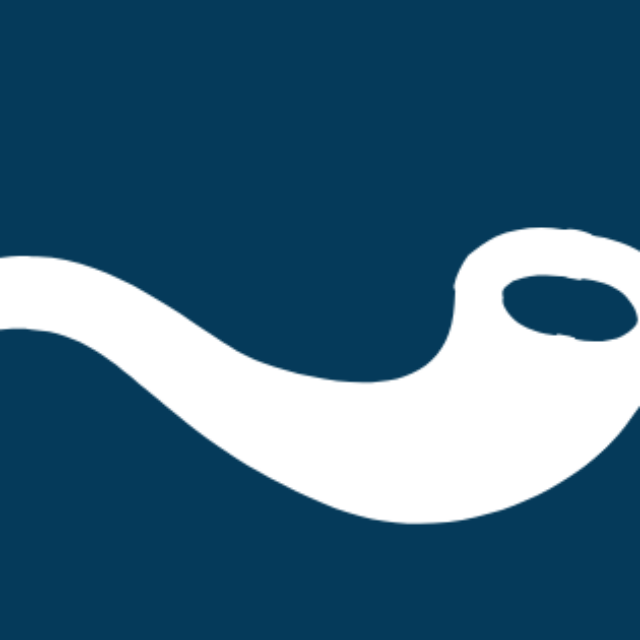Take a Breath
With breath we begin.
בְּרֵאשִׁ֖ית בָּרָ֣א אֱלֹהִ֑ים אֵ֥ת הַשָּׁמַ֖יִם וְאֵ֥ת הָאָֽרֶץ׃
וְהָאָ֗רֶץ הָיְתָ֥ה תֹ֙הוּ֙ וָבֹ֔הוּ וְחֹ֖שֶׁךְ עַל־פְּנֵ֣י תְה֑וֹם וְר֣וּחַ אֱלֹהִ֔ים מְרַחֶ֖פֶת עַל־פְּנֵ֥י הַמָּֽיִם
At the beginning of God’s creating the heavens and the earth,
the earth, amorphous and formless
darkness upon the face of the deep
God’s breath wafting upon the face of the waters1
In the language of science:
“In that hot dense plasma of the infant cosmos, gravitational pressures pulled gases in, and radiation pressure pushed those gases back out. This constant seesaw reverberated throughout the volume of the universe, echoing from one end to the other.”2
Breath begins life: the life of our universe, the life of our bodies.
וַיִּיצֶר֩ יְהוָ֨ה אֱלֹהִ֜ים אֶת־הָֽאָדָ֗ם עָפָר֙ מִן־הָ֣אֲדָמָ֔ה וַיִּפַּ֥ח בְּאַפָּ֖יו נִשְׁמַ֣ת חַיִּ֑ים וַֽיְהִ֥י הָֽאָדָ֖ם לְנֶ֥פֶשׁ חַיָּֽה
God formed Adam from the dust of the earth
God blew the breath of life into his nostrils
And Adam became a living being.3
In the language of science:
With a forceful breath, mothers thrust life into being.
Newborn lungs draw breath in, rushing out in a cry.
We inhale, we exhale.
We inhale, we exhale, every one of us, every moment, and rarely give it thought.
Until now.
Have we ever been so aware of our breath? Since the beginning of the pandemic, I’m taking notice of how often I instinctively release loud sighs – my family will tell you I do that a lot! I’m aware I have less breath for walking up stairs since I’ve stopped practicing yoga. When I’m in Central Park, far from anyone else, I savor the opportunity to drop my mask and deeply breathe in fresh air, thinking of the millions of inhales and exhales I have taken for granted. I receive and release, savoring that simple function.
Breath is no longer neutral. Those of us fortunate to live without respiratory or pulmonary challenges notice it more now, acutely aware of the dangers it may carry. We come home, and the first thing we do, before kicking off shoes or setting down bags, is remove our masks so we can breathe comfortably, safely. We have a new appreciation for what it means to breathe free. We feel the fear of how COVID can invade the lungs; in the bad air that comes from forest fires and pollution; in the choke-hold of racial violence and the echoing, desperate cry, “I can’t breathe!” We feel it in horror of packed pens of American prisons and detention centers, and the last exhale of a petite giant. Ruth Bader Ginsberg’s silenced breath has upended the course of our nation – one woman’s breath.
Together we are living the lesson: you don’t know how much you depend on something until you realize that it might be gone.
This is the crucial message of the High Holidays, voiced through our liturgy again and again: How many will pass on and how many will come to be? Avinu Malkeinu, seal us for blessing in the Book of Life! We are ruah noshavet – a passing breath.
This is a strange, somewhat surreal Yom Kippur – separating so we can safely draw close; keeping loved ones at a distance, while feeling newly bound to strangers in our city, across the state, throughout the nation, around the globe. All of it makes me think a lot more about the sacred nature of breath, from its intimate flow inside each body to the invisible net it casts around and throughout our universe.
Our planet – one of trillions – is the only one that is home to life; the only one that breathes. In warm seasons, vegetation, from thickest forests to microscopic plants in deep ocean waters, take in carbon dioxide. And in the cold seasons, they exhale it back into the atmosphere. A mesmerizing NASA video captures this undulation with a sweep of color, lifting and falling, lifting and falling.4 Every year, Mother Earth takes and releases one slow breath.
Humanity, animals, plants, cells and atmosphere – all mysteriously and marvelously connected by breath.
Breath binds us through time, as well as space. There are more molecules of air in the breath you just took than there are breaths of air in earth’s entire atmosphere. That means some molecules of the air you inhale passed through the lungs of King David, Harriet Tubman, the grandparent whose name your child carries.5 It means that once we leave this world, our breath will be breathed into the lives of our descendents, and by the infinite souls who will follow us.
This symbiosis, binding us into one with all that is, this, for me, is faith. A breathtaking truth, bursting with meaning and hope.
Last fall we invited you to join in focus groups to explore prayer and ritual. We began by reflecting on moments that might be described as “spiritual.” You shared a wide range of responses: learning to chant Torah as an adult, making your mother’s kugel recipe, breaking into tears or laughter with a close friend, hiking, losing yourself in the symphony, or in the songs of Lizzo. All personal experiences, but so many were met by others nodding a gesture of “Amen.” These experiences resonate.
I was thinking about what these moments have in common. Our consciousness of self dissolves into a fuller awareness of the more that we are a part of and is a part of us – a profound sense of connection to a person, a sound, a space, a feeling. These moments hold a bittersweetness; they pass as quickly as they arrive. But traces remain with us, even as they are somehow released into the world. Like our breath – transient and eternal.
An inhale, an exhale.
We breathe in, and let go.
We spend a lot of time struggling to name these uniquely human experiences. Faith? Spirituality? Holiness? God? How can we express our finite selves brushing up against the infinite? Time pauses, even as that moment fades away. Perhaps the reason it’s so hard to name this heartbreaking sweetness is because it mirrors the mystery of breath, speaking so much without any words at all.
Biblical Hebrew, a terse language with a small vocabulary, has several words for breath – neshama, ruach, nefesh – words which also refer to soul, spirit, wind. From the time of the ancients till now, these are concepts tangled together, interlocking what is embodied with what is ephemeral. And we have no less than 72 names for God, nicknames, really: Adonai, Shekhina, Avinu Malkeinu, just to name a few. They are descriptors, each expressing an aspect of how or when we might experience what is sacred. Their number and range of meaning speak to the impossibility of capturing this experience in words.
But there are four letters which our Biblical ancestors chose to express the everythingness, everywhereness, everytimeness – the ONEness – that in English, we refer to as God: yud hey vav hey.
OK, so there is a word. But here’s the kicker – it’s impossible to pronounce! It’s a bunch of open sounds. Like breath.
Let’s take that in. This name of God, a name so mysterious and powerful that it was only uttered by the most sacred person – the High Priest – in the most sacred space – The Holy of Holies – on the most sacred day – Yom Kippur – that evasive, unutterable name is the sound of our breath. It’s the sound we make every moment we live, without thinking, or trying, or praying.
But these four letters are imbued with meaning, even if not with articulated sound. Yud, heh, vav, heh are connected to the Hebrew root meaning “to be; to exist.” They encompass all that was, all that is, and all that ever will be. We are, God is. God is, we are. All that in every breath.
With breath, we begin.
Maybe you’re like me. Sometimes, I get up to do something, and then forget what it is. When I go back to where I was, I remember. When we feel swept up in the noise and chaos swirling around, go back to breath. Breath is where you came from and where you are going. Breath is now, in its purest form. Reassuring in its regularity, in its consistency, its natural pattern. When everything else seems beyond our control, breath provides us a place of return.
Every day we average 20,000 breaths. 20,000 opportunities to start anew, to reset! Imagine if we luxuriated in these possibilities. Instead of living in the short staccato that pushes us from one moment to the next without pause, what if we deeply inhale what’s possible and thoroughly exhale what holds us back: toxins from our minds, our bodies and the body politic. On this sacred day, when we shed what is no longer useful, let’s commit to giving “cleansing breaths” a new meaning. Let’s live them.
We inhale, we exhale.
Effortless, until it’s not.
When breathing becomes challenged – by a virus or a knee on the neck, by panic or sorrow, or despair – go back to the steady, quiet stream of life, rushing within you, every moment. As we find ourselves holding our collective breath, anxious and fearful of what comes next, let’s turn inward for strength to turn outward. Breath is intangible, but not fragile. Breath is persistent. Affirming. Breath means life, means hope, means possibility. Breath is our superpower. In the words of Sylvia Plath, “I took a deep breath and listened to the old brag of my heart, ‘I am, I am, I am.’”6
We inhale, we exhale.
We inhale, we exhale, and rarely give it a thought, until now.
With breath, we begin.
End Notes

